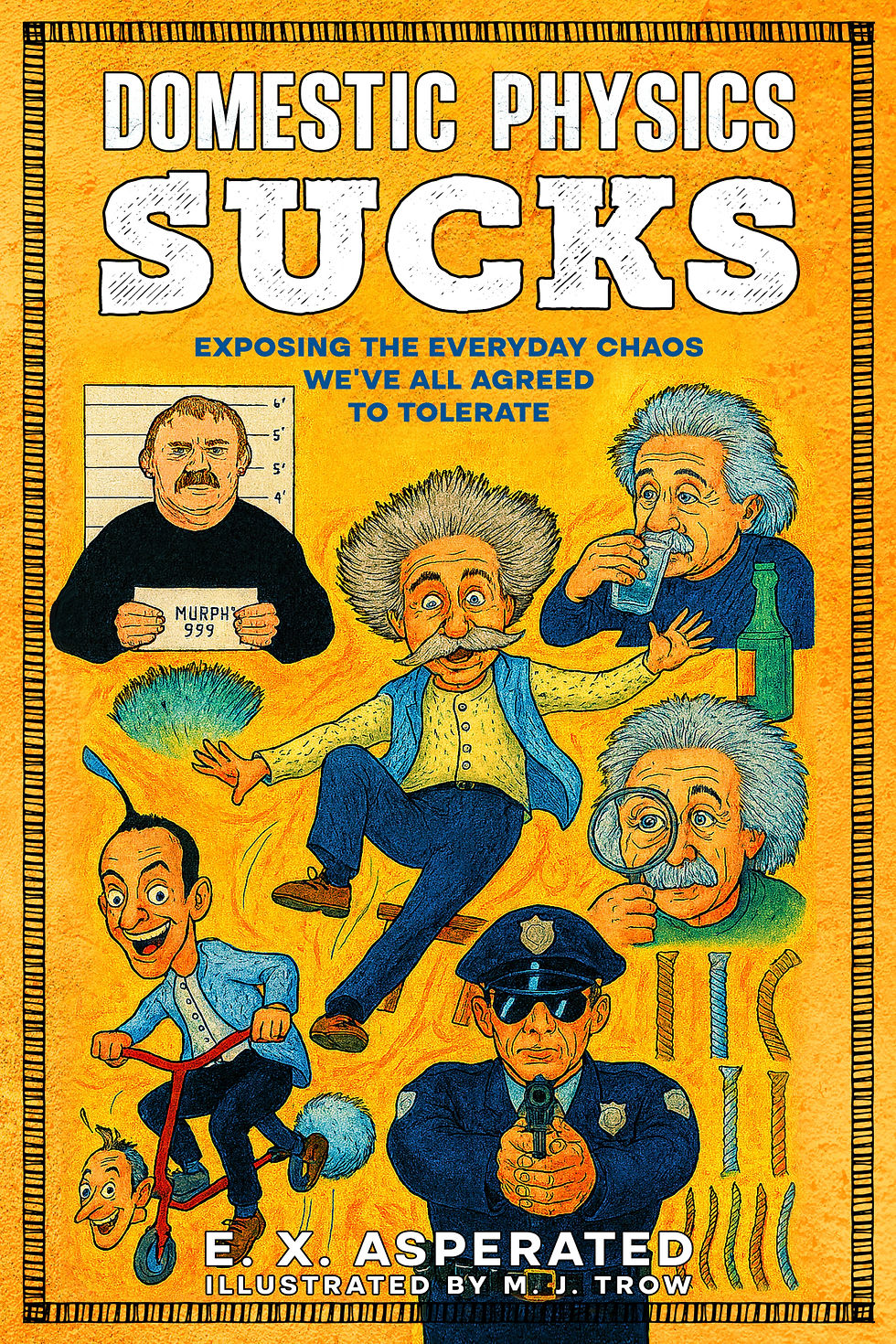Author Interview: Jackie Marchant
- blkdogpublishing

- Jan 4, 2020
- 3 min read
1. What inspired you to become a writer?
I think I’ve been a writer since I could hold a pencil. Always making up stories in my head, I produced my first book from bits of paper stapled together when I was about six, something about a castle and a princess (I was the princess). But it didn’t occur to me that I could be an actual real-life author until much later. I was rushing into the station, late for work as usual, when I banged into an angry commuter (at least he was angry after I’d bumped into him). I didn’t tell him that I was in the middle of a battle, bareback riding a beautiful white horse while firing arrows into the enemy, ping, ping, ping, like Legolas. Instead I told myself that adults don’t daydream and it was about time I grew up – I would daydream no more. I lasted about five minutes. The upshot was that I decided to legitimize my daydreams by writing them down and calling myself a writer.
2. What's your favourite book of all time?
Where to start? There are so many. But I think the book that influenced me most was Lord of the Rings. Until I read it, I hadn’t appreciated that fantasy books were for adults too.
3. What advice would you give to aspiring writers?
Read, read, read and read some more. I don’t know a single published author who doesn’t read.
4. What is the most frustrating thing about being an author?
How long have you got? Not enough time, ideas arrive at the most inconvenient moment, lying awake because your work is rubbish and you’ve been fooling yourself into thinking you knew how to string a sentence together etc, etc. But thank goodness for the good stuff, which outweighs the bad all the way.
5. What's your favourite movie?
The English Patient. It’s the only movie that I’ve preferred to the book.
6. What's better, dogs or cats?
Can’t imagine a cat listening to my practice readings with such patience.
7. If money was no object, how would you spend your life?
I’d build the perfect writers’ retreat and invite writers to come and spend time there.
8. Do you draw from personal experiences when you write?
Absolutely. But that includes things that have happened to other people, items I see on the news, great movie moments, just about anything.
9. What is more important? Strong characters or a strong storyline?
I always start with a character. Then I ask myself who they are, what they are doing, why they are doing it and, most importantly, what’s wrong. That’s the easy bit. The plotting I find much harder. But that’s the way I work – for many it’s the other way round and plot comes first. It’s important to work the way that suits you.
10. What advice would you give to first time writers when submitting their work to publishers or literary agents?
DON’T!! Put your work to the furthest corner of your mind and forget you ever wrote it. Then get on with your life, do all those chores that have been queuing up, write something new, travel the world on a donkey, anything. Then dig your Ms out and pretend it was written by your worst enemy, who couldn’t write their way out of a paper bag. Be determined to find fault with it. And you will. Now, sort out all those glaring errors and it might be ready to submit. (This is what agents and publishers mean by polishing. But remember, they will ask you for even more – this is normal). Although you’re desperate to get it out there, there really is no rush, especially when those weeks of resting your work could be the difference between publication and rejection.
Jackie Marchant's latest title 'The Sword of Red' has recently been published by BLKDOG Publishing. For more information or to purchase a copy click here.





Comments